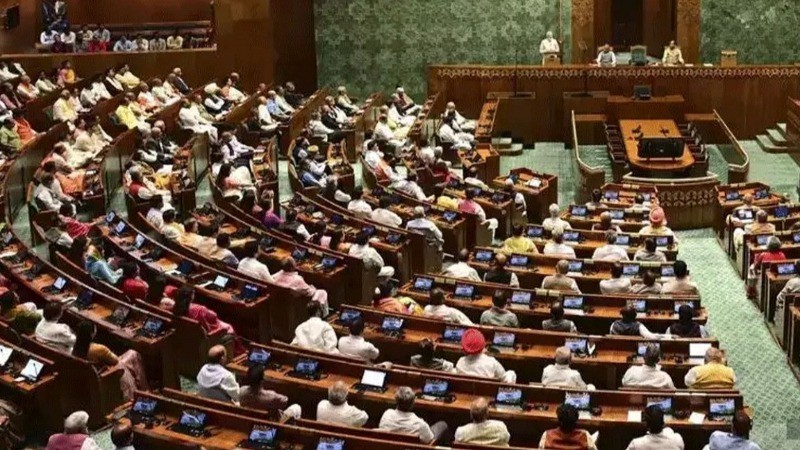
NEW DELHI: The Rajya Sabha on Wednesday deliberated on The Boilers Bill, 2024, which aims to replace the century-old Boilers Act of 1923. The proposed legislation seeks to modernize boiler regulations, enhance safety measures to protect life and property from steam-boiler explosions, and standardize boiler registration across the country.
Union Minister Piyush Goyal introduced the bill in the House for consideration and passage.
Opposition Protests During Bill Discussion
The session witnessed disruptions as opposition members protested, demanding clarifications on External Affairs Minister S. Jaishankar's statement regarding India's recent relations with China. Chairman Jagdeep Dhankhar denied their request for clarifications, prompting protests and an eventual opposition walkout.
Despite the uproar, Goyal emphasized the bill's importance, stating that it would regulate boiler manufacturing, installation, and maintenance, ensuring safety and uniformity across industries.
Modernizing Boiler Safety Regulations
Participating in the debate, BJP MP Brij Lal highlighted the necessity of replacing outdated colonial laws. He pointed out that the Boilers Act of 1923 lacks sufficient provisions for modern boiler design, manufacturing, and maintenance.
"This Act was enacted 100 years ago, and while boilers are integral to industries, they also pose risks due to wear and tear over the years. The new bill addresses these challenges comprehensively," he said.
Brij Lal also noted that the current government has repealed over 2,000 obsolete colonial-era laws as part of its reform agenda.
Key Features of the Bill
An earlier statement from the Commerce Ministry outlined several benefits of the proposed bill:
Legislative Milestones
The Union Cabinet approved the bill on August 2, and it was introduced in the Rajya Sabha on August 8. The government hopes the bill will bring significant improvements to boiler safety and promote industrial efficiency across sectors.